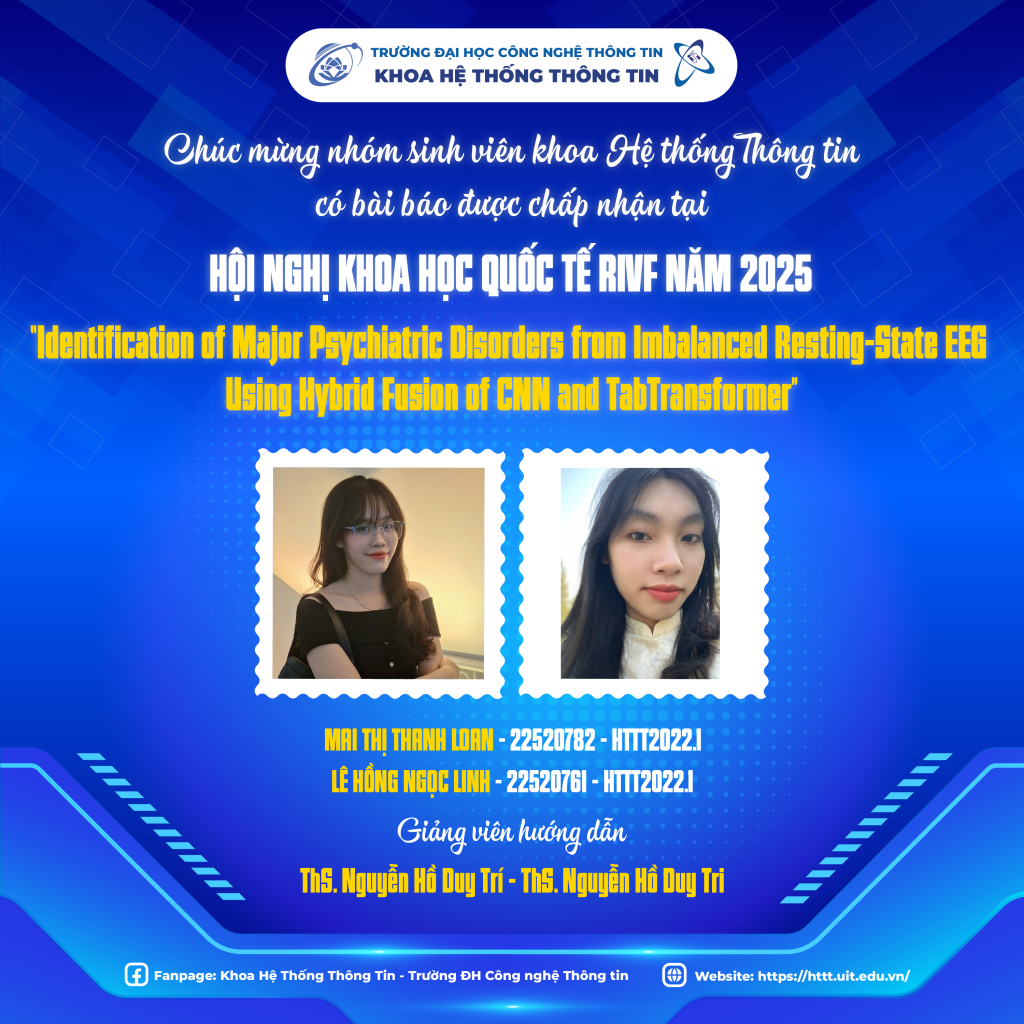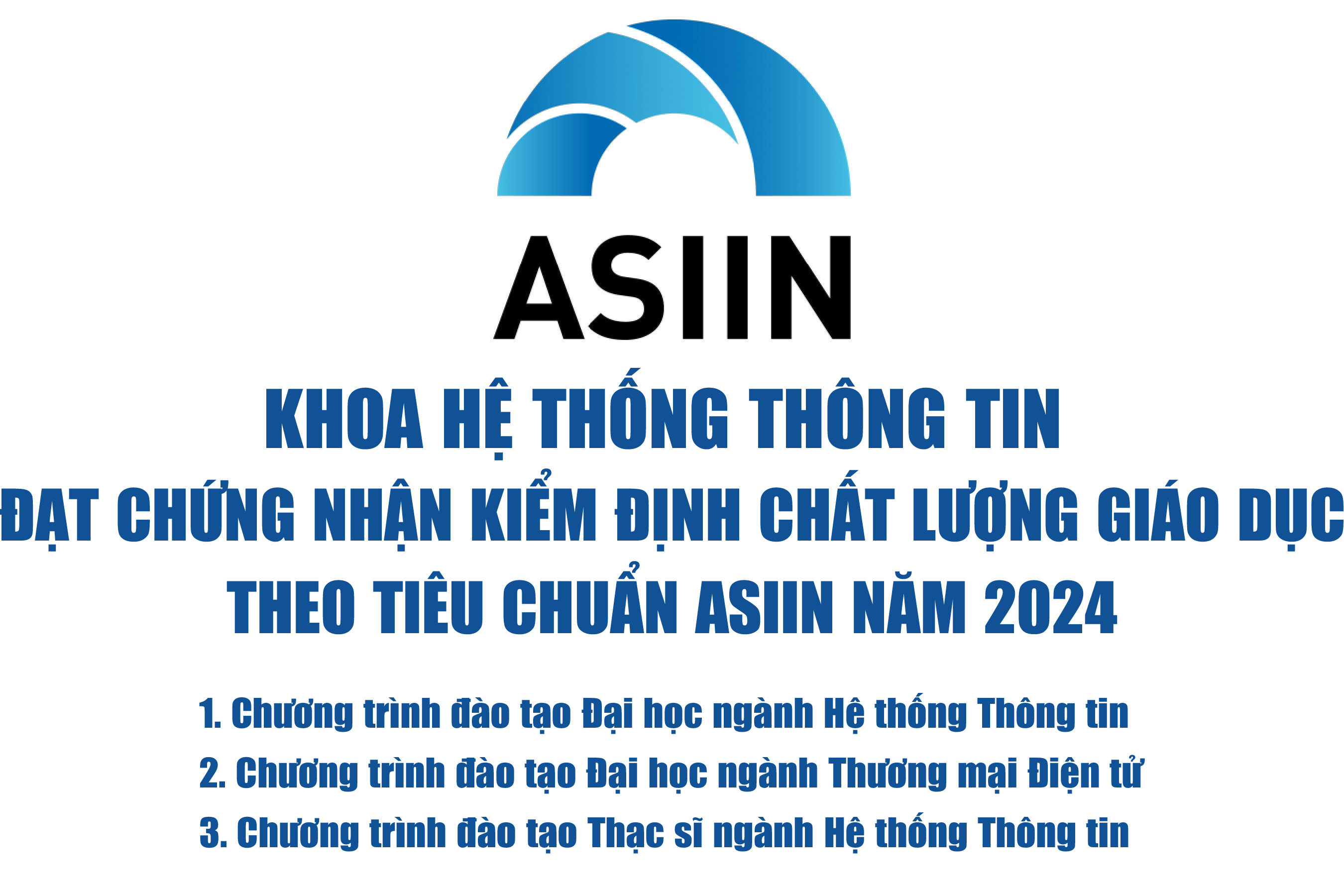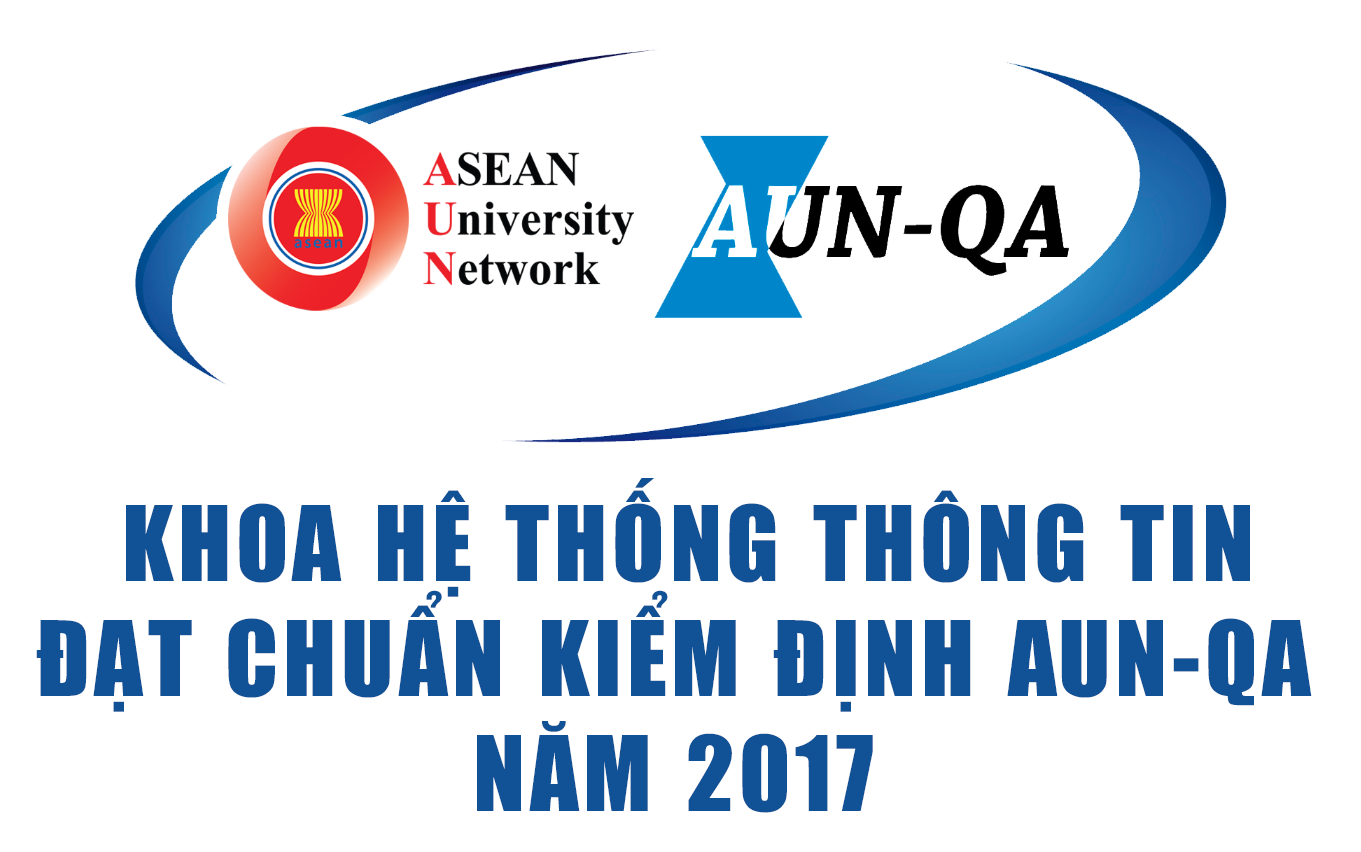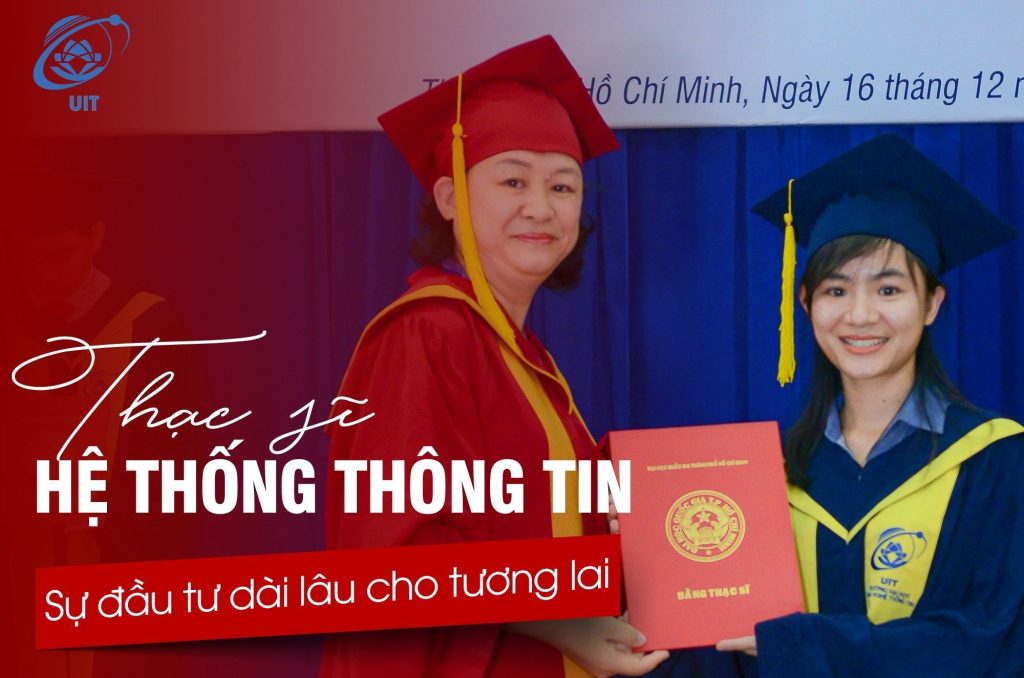Chúc mừng nhóm sinh viên HTTT2022.1 có bài báo được chấp nhận đăng tại Hội nghị Khoa học Quốc tế RIVF 2025 (The 2025 RIVF International Conference on Computing and Communication Technologies)
Hội nghị RIVF (Research, Innovation and Vision for the Future) là một hội nghị khoa học quốc tế uy tín, được tổ chức thường niên từ năm 2003, quy tụ các nhà nghiên cứu, học giả và sinh viên trong lĩnh vực Công nghệ Máy tính và Truyền thông. RIVF được bảo trợ kỹ thuật bởi IEEE, và các bài báo được xuất bản trong cơ sở dữ liệu IEEE Xplore – một trong những thư viện học thuật hàng đầu thế giới.
Năm nay, RIVF 2025 sẽ do Trường Đại học Văn Lang đăng cai tổ chức tại Thành phố Hồ Chí Minh, Việt Nam, từ ngày 18 đến 20 tháng 12 năm 2025. Hội nghị tiếp tục là diễn đàn khoa học quốc tế quan trọng, nơi các nhà nghiên cứu chia sẻ những công trình mới nhất trong các lĩnh vực như trí tuệ nhân tạo, học sâu, xử lý ngôn ngữ, thị giác máy tính, an ninh mạng và công nghệ truyền thông.
Link hội nghị: https://rivf2025.org/
Tên bài báo: “Identification of Major Psychiatric Disorders from Imbalanced Resting-State EEG Using Hybrid Fusion of CNN and TabTransformer”
Nhóm sinh viên thực hiện:
- 22520782, Mai Thị Thanh Loan, HTTT2022.1
- 22520761, Lê Hồng Ngọc Linh, HTTT2022.1
Giảng viên hướng dẫn:ThS. Nguyễn Hồ Duy Trí và ThS. Nguyễn Hồ Duy Tri (Đồng hướng dẫn)
Abstract:This study presents a hybrid deep learning framework that combines TabTransformer and Convolutional Neural Network (CNN) for multi-class classification of major psychiatric disorders using resting-state electroencephalogram (EEG) and demographic features. The framework covers seven categories based on the EEG Psychiatric Disorders dataset with 945 subjects. TabTransformer uses demographic and power spectral density (PSD) features, while CNN learns spatial patterns from functional connectivity (FC) matrices, with SMOTE applied to address class imbalance. Experimental results with 5-fold cross-validation demonstrate an overall accuracy of 94.86%. In addition, class-wise performance is consistently high, with F1-scores of 0.9867 for Obsessive compulsive disorder, 0.9667 for Healthy control, 0.9615 for Trauma and stress related disorder, 0.9541 for Schizophrenia, and 0.9381 for Anxiety disorder, 0.9351 for Mood disorder, and 0.9020 for Addictive disorder. These findings support the strength of the proposed framework for reliable EEG-based psychiatric disorder classification.











